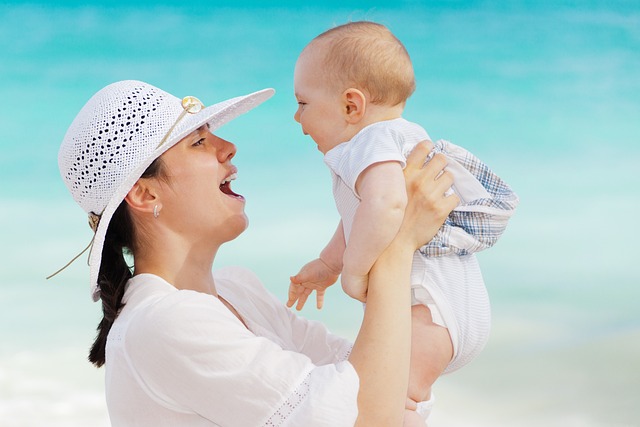
A woman’s biology, in particular her reproductive biology, is complex and often riddled with misunderstanding. The transition to menopause is one area, in particular, where confusion seems to reign. While technically menopause occurs when a woman goes 12 consecutive months without a period, there is an extent of time, from two to twelve years prior to the halt of your period, known as perimenopause.
Perimenopause and Menopause: The Difference
As the median age for menopause is 51-52 perimenopause may occur in the early 40s, or sooner if you have a family history of earlier menopause. The typical symptoms of menopause, hot flashes, night sweats, sleep disturbances, mood swings, along with irregular periods, mark the period of perimenopause and increase in severity as you progress. However, not all women experience these symptoms so sometimes it’s difficult to recognize that you’re in the midst of perimenopause until your doctor confirms it.
Your body produces estrogen and progesterone to facilitate reproduction, but as you enter perimenopause your hormone production comes and goes. As your hormone production begins to taper, your menstrual cycle becomes erratic. That means disrupted ovulation and a decline in fertility accompanies perimenopause. But, unless you’ve gone a full consecutive 12 months without a period you are still fertile, even to a lesser degree.
Can I Still Conceive?
So, what does this mean for those who wish to conceive? Well, pregnancy is technically still possible up until you’ve gone through menopause. Even with the decrease in ovulation, it’s still possible, but far less likely, to conceive naturally, barring any other complications. Of course, fertility declines as you age, so odds are lower for you to conceive at 42 than at 32. Even though the odds after 40 reduce to 10% if you are ovulating pregnancy is possible.
The Risks of Natural Conception During Perimenopause
As you age, your eggs become less and less viable. Pregnancy-related risks are higher for women over 40 so be aware that if you do become pregnant naturally you run a higher chance of miscarriage. According to a study reported by the NIH, women over the age of 42 have an increased risk of miscarriage, up to 50%.
Other risks to both mother and baby associated with pregnancy in perimenopause include:
- Preeclampsia
- Gestational diabetes
- Cesarean delivery
- Low birth weight
- Premature birth
- Chromosomal abnormalities
Options for Pregnancy During Perimenopause
If you think you may be in perimenopause and you’re hoping to conceive you should begin with a visit to your fertility specialist. There they will perform some tests to measure your hormones and determine the viability of your eggs and where you are on the perimenopause journey.
Once your doctor determines you are in fact still ovulating, you may consider cryopreservation or freezing your eggs or IVF. Prior to either one of these procedures you’re screened (through blood tests) for quantity and quality of your eggs, concentration on follicle stimulating hormone (FSH) in your blood and, on day three of your menstrual cycle the doctor checks your estradiol level which is essential to the maturation of your eggs and the receptivity of your uterus for fertilized eggs. Your doctor may perform an ultrasound to check the function of your ovaries.
If your doctor finds your eggs are not viable or your reserves are too diminished to facilitate pregnancy using your own egg you may consider a donor’s eggs. This can be from an anonymous donor through an agency, or you may want to use a relative to maintain a biological connection.
For both cryopreservation of your eggs and IVF your doctor prescribes medication that stimulates your ovaries and allows for multiple eggs for retrieval. You’ll have regular visits, so your doctor can monitor your progress and schedule egg retrieval at the appropriate time. Shortly thereafter the lab freezes your eggs or fertilizes them using your partner’s sperm or sperm from a donor. If you choose IVF your doctor will prepare you for an egg transfer within about five days.
Improve the Odds of Pregnancy Success
IVF allows for a procedure called PGT, or preimplantation genetic testing. Through PGT your doctor tests for many genetic and chromosomal abnormalities that could impact your pregnancy and the health of your embryo as it grows. The pregnancy rates achieved using PGT are very high, and this remains one of the best ways to ensure the health of your embryo.
Each Case is Unique
Of course, every woman experiences perimenopause differently, and your doctor has the right answer for your unique situation, depending on where you are in the journey. If you suspect, you are entering perimenopause and want to examine your options for conception contact LA IVF. Our knowledgeable team of fertility experts helps you realize your goal of having a child. Reach out to LA IVF today and learn more about your options and together we’ll find the best path for you.









